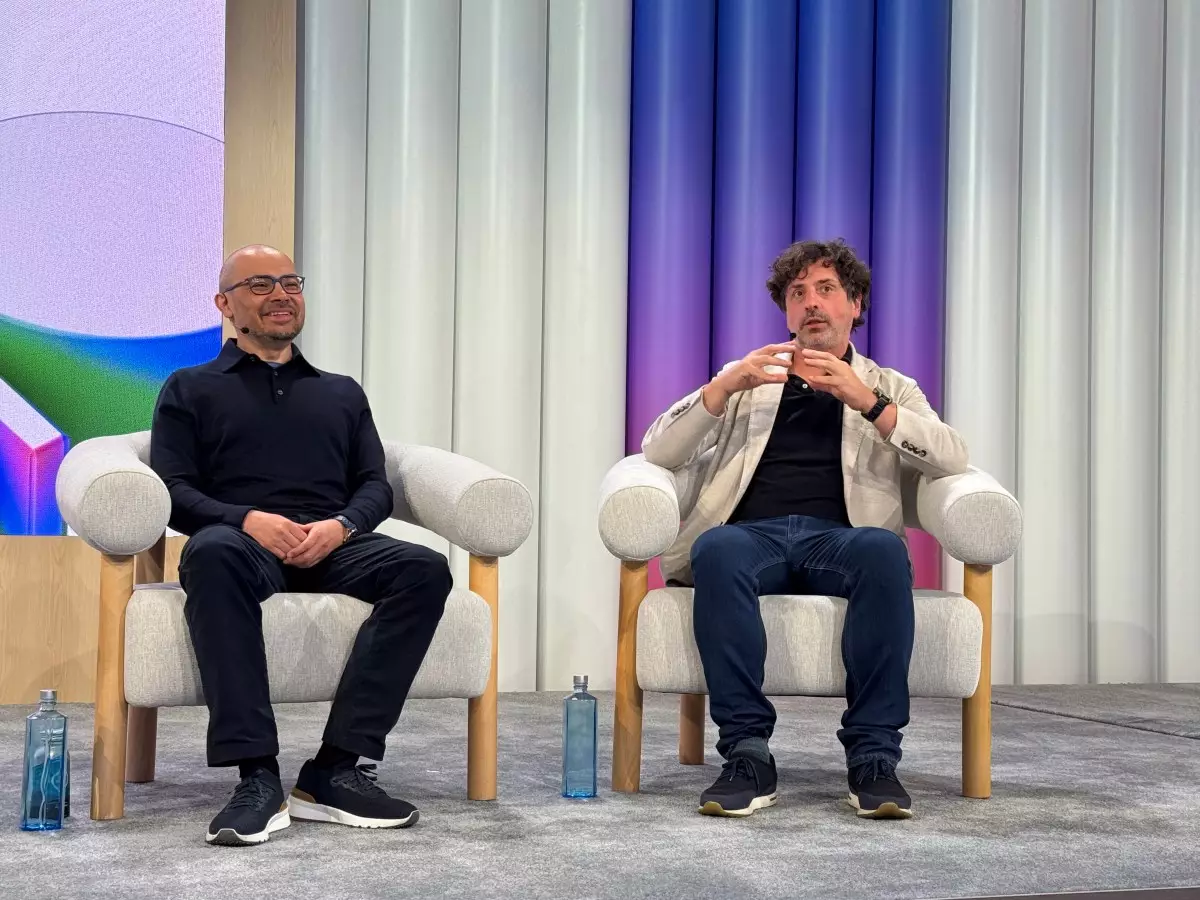In a striking revelation at Google I/O 2025, Sergey Brin, co-founder of Google, openly discussed the missteps surrounding the initial launch of Google Glass. His candidness during an interview with Demis Hassabis, CEO of Google DeepMind, brings to light the pivotal lessons learned a decade after the product’s faltering debut. Amid a new wave of innovation, Brin’s admission emphasizes that the journey of technological advancement is often fraught with trials and errors.
Brin acknowledged his initial naivety about consumer electronics and the complexities involved in establishing a viable product. This honesty not only reflects humility but also showcases a growth mindset that is crucial for innovation. By admitting that he “made a lot of mistakes,” Brin’s perspective demonstrates that even industry pioneers face challenges, underscoring the importance of continual learning and adaptation in the tech landscape.
AI-Driven Developments in Smart Glasses
The turn towards smart glasses is revitalized by Google’s latest venture into Android XR smart glasses, which harness the transformative potential of artificial intelligence. Brin’s enthusiasm for this renewed focus indicates a strategic pivot aimed at aligning the company with present-day technological capabilities. With partnerships that extend to industry stalwarts like Samsung and Warby Parker, Google is positioning itself to avoid the pitfalls of its earlier experience.
The partnership with Warby Parker, bolstered by a substantial investment, signifies a prudent move to sidestep supply chain hurdles and leverage the expertise of those familiar with the intricacies of eyewear production. Notably, Brin’s optimism about generative AI signals a recognition that the technologies available now render smart glasses more functional and practical than they were a decade ago.
Brin’s Resurgence in AI Innovation
Brin’s unexpected return to an active role in Google’s AI initiatives, particularly the Gemini project, is particularly noteworthy. His daily presence at the Mountain View office suggests a reawakened passion that could invigorate the company’s innovation culture. His assertion that computer scientists “should not be retired” points to a broader call for sustained engagement in transformative technologies, especially AI.
Furthermore, his drive to encourage a rigorous working culture—suggesting that a 60-hour week may be optimal for productivity—reflects a mindset geared toward high performance and rapid advancement in AI technology. This push signals a competitive edge that Google is keen to maintain in an increasingly crowded tech arena.
Brin’s vision of smart glasses complemented by advanced AI capabilities represents a future brimming with possibilities. As the tech landscape continues to evolve, his insights may not only shape Google’s trajectory but also inspire a renewed faith in wearable technology and the role of AI in enhancing human experience. Silicon Valley can expect more than just refinement of old concepts; with leaders like Brin at the helm once again, it is set to witness transformative developments that redefine how we interact with technology.

